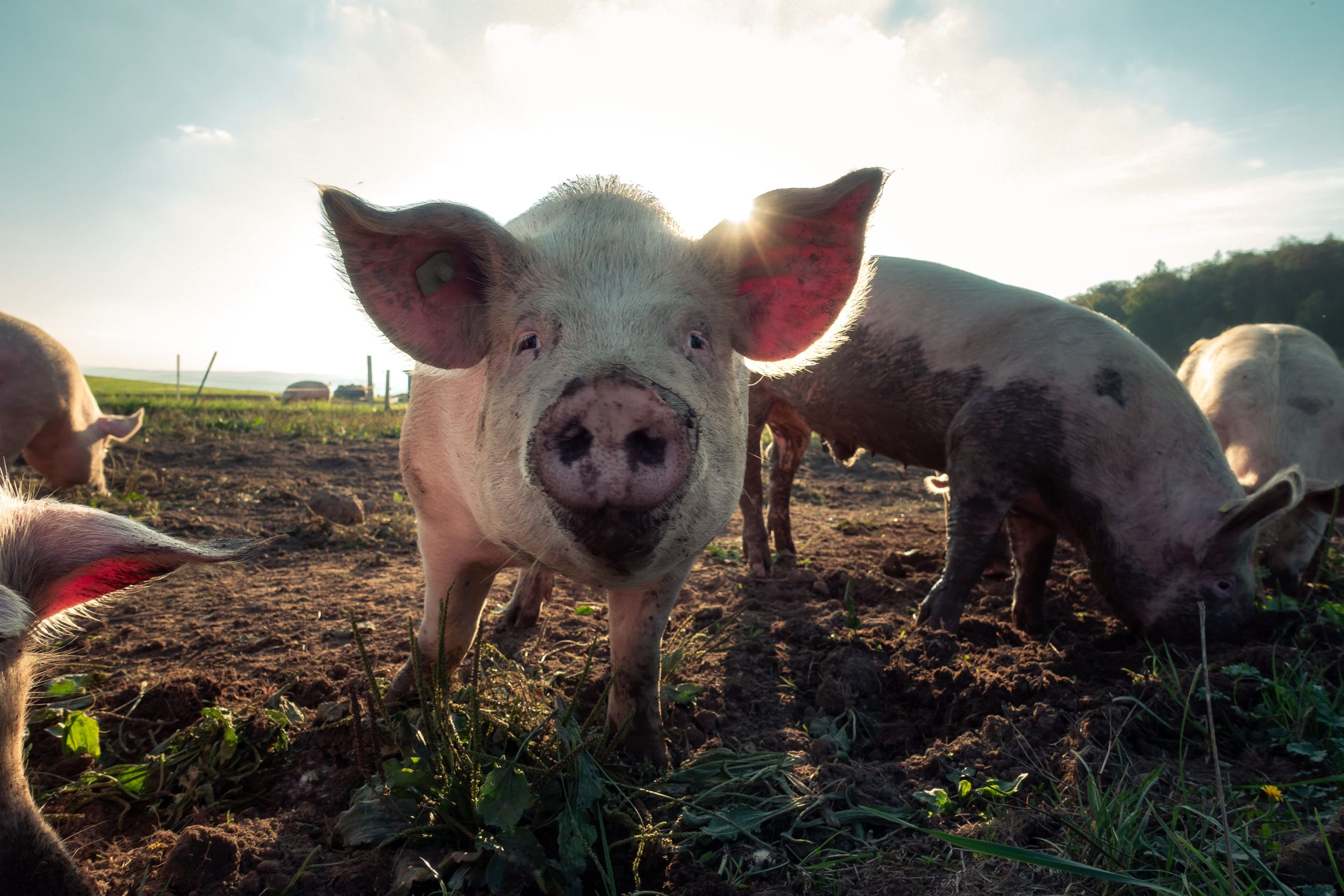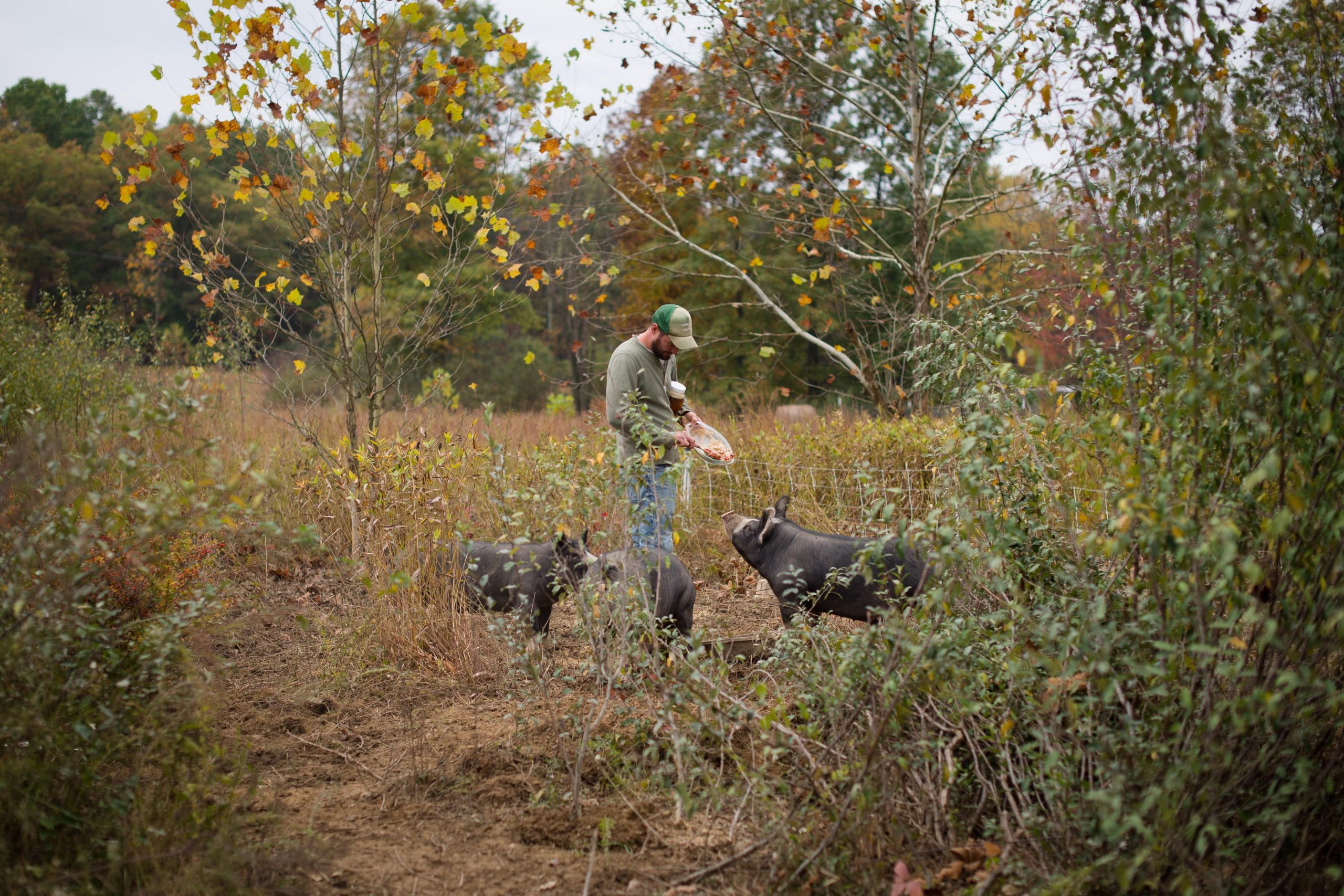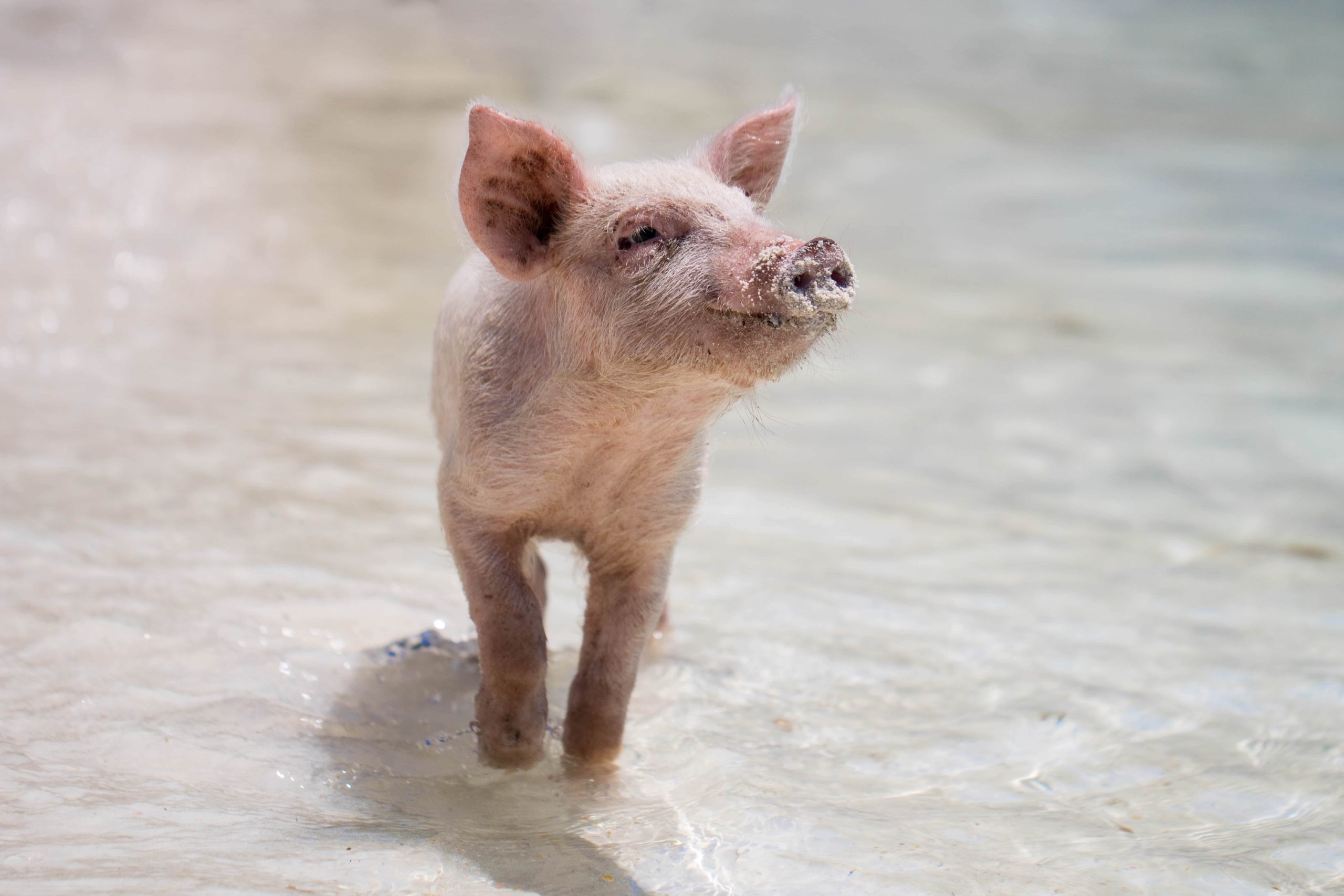Starting a business is hard, but to start a Commercial Pig Farming Business can be even harder because of the specific rules and regulations that govern the industry.
To help you get started on your journey, here are eight steps to follow when you’re ready to start a Commercial Pig Farming Business of your own.
How to Start a Pig Farming Business In Nigeria
1) Educate Yourself
Before you start a commercial pig farming business, you must educate yourself on the ins and outs of the industry.
There are many resources available online and at your local library.
You should also consider talking to other pig farmers to get first-hand experience. Once you have a good understanding of the business, you can start making plans for your farm.
2) Do a Market Research
Before you start a pig farming business, it’s important to understand the demand for pork in your area.
Find out what other farmers are charging for their pigs, and what local butchers and restaurants are willing to pay for pork.

You should also research the cost of feed and other supplies. Knowing this information will help you determine whether or not starting a pig farm is a viable business venture.
3) Consult Expert
Before starting a commercial pig farming business, it is important to consult with an expert. This will help you understand the necessary steps for starting this type of business.
Additionally, an expert can answer any questions you may have and help you create a realistic business plan.
4) Choose Your Farm Location
The land is one of the most important factors in starting a pig farm. You need enough space for your pigs to roam and for you to build pens and shelters.
Look for land that is cheap and has good access to water and other resources. It’s also best if it is close to slaughterhouses, so you can bring your pigs there when they are ready.
Before you can start your pig farming business, you need to choose a location for your farm. If you’re starting small, you may be able to get away with raising pigs on your land.
But if you’re planning on expanding your operation, you’ll need to find a piece of property that’s zoned for agricultural use.
Once you’ve found the perfect spot for your farm, it’s time to start thinking about the infrastructure you’ll need to get started.
5) Get Legal Permits
Before you start your commercial pig farming business, you need to get the proper legal permits from your local government.
This process can vary depending on where you live, but typically you’ll need to submit an application and pay a fee.
Once you have your permit, make sure to keep it in a safe place so you can refer back to it as needed.
6) Select The Right Breed
One of the most important decisions you’ll make when starting a pig farm is choosing the right breed.
There are many factors to consider, such as climate, feed availability, and your farming goals.
The first step to starting a successful pig farm is selecting the right breed of pig. There are many different types of pigs, each with its own unique set of characteristics.
Do your research and consult with experts to find the best breed for your climate and desired output.
For example, if you want to start a commercial pig farming business that primarily produces bacon then you should choose an Old Spotted or Large White Pig over an Iberian Ham or Kune Kune Pig because they produce more meat than other breeds.
Do your research and consult with experienced farmers to find the best breed for your farm.
Once you have decided on a breed, it’s time to pick out some pigs! Pick up 3-5 male and female pigs from different litters if possible.
The more diverse your breeding pool, the more genetically healthy your herd will be over time.
7) Build and Equip the Sheds
Before you start a commercial pig farming business, you need to build and equip the sheds. This includes putting up fences, getting the right equipment, and preparing the land.
You also need to get the pigs themselves! Here are the steps you need to take:
1. Build and equip the sheds.
2. Get the pigs.
3. Put up fences.
4. Get the right equipment.
5. Prepare the land.
8) Feed the Pigs
You will need to feed the pigs twice a day, every day. The amount of food will depend on the size and age of the pigs.
Pigs eat a variety of things, but you should talk to your vet about what kind of diet is best for your pigs. You will also need to provide them with fresh water at all times.
9) Handle Sales and Marketing
Sales and marketing are critical for any business, but especially for a new pig farming business. You need to get the word out about your farm and convince people to buy your pork.
There are a few ways to go about this. You can sell direct to consumers at farmers’ markets or through a CSA.
You can also sell to restaurants or retailers. Wholesale is another option. You can also do a combination of all of these things.
The important thing is to get started and start building relationships with customers.
10) Manage the Pigs
Pigs are social animals and need to be around other pigs. If you want to start a commercial pig farming business, you will need to build pens and shelters that will house the pigs.
You will also need to create a feeding and watering system that will work for all of the pigs.
Pigs also need to be vaccinated and have their hooves trimmed regularly.
11) Keep Records
Before you start a commercial pig farming business, you need to compile records and documents.
This includes your business license, liability insurance, health inspection certificate, and any other permits or licenses required by your state or local government.
You’ll also need to create a business plan and budget.
Once you have all of your paperwork in order, you can start looking for land and buildings to house your pigs.
12) Train Your Workers
Before you start a commercial pig farming business, it’s important to train your workers.
This will ensure that they know how to properly care for the pigs and that they understand the importance of biosecurity.
Plus, it will help you avoid any potential liability issues down the road. Here are seven ways to get started.
No matter what level of training you offer your employees, there’s one thing every employee needs to learn: proper waste management.
It may seem like something straightforward, but farm workers often have difficulty disposing of waste from farmed animals without violating health codes or risking groundwater contamination.
Make sure all workers understand how important proper waste disposal is by including specific information about disposing of manure or other animal wastes in worker training materials.
You can find additional guidelines on solid waste disposal here.
Conclusion
I hope you enjoyed my post on how to start a pig farm in Nigeria? If you have any questions or suggestions, use the comment box or the contact us page to get to me.
From what we have learned today, we noticed you need to know a lot about the market you are diving into. In case you changed your mind, I have a post on how to start an ice block business, how to start data reselling business, and others.
Don’t forget to check them out and happy farming.










